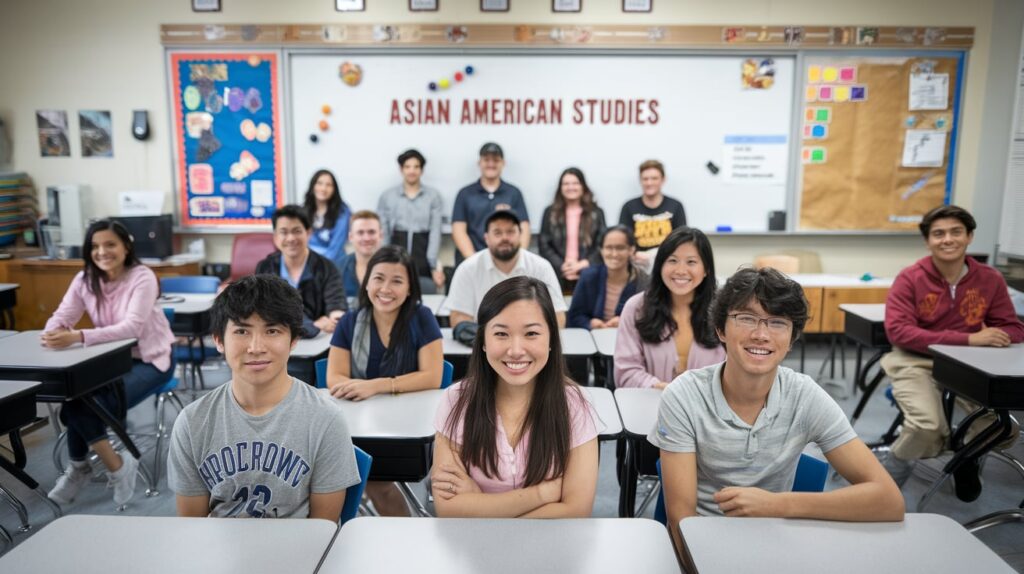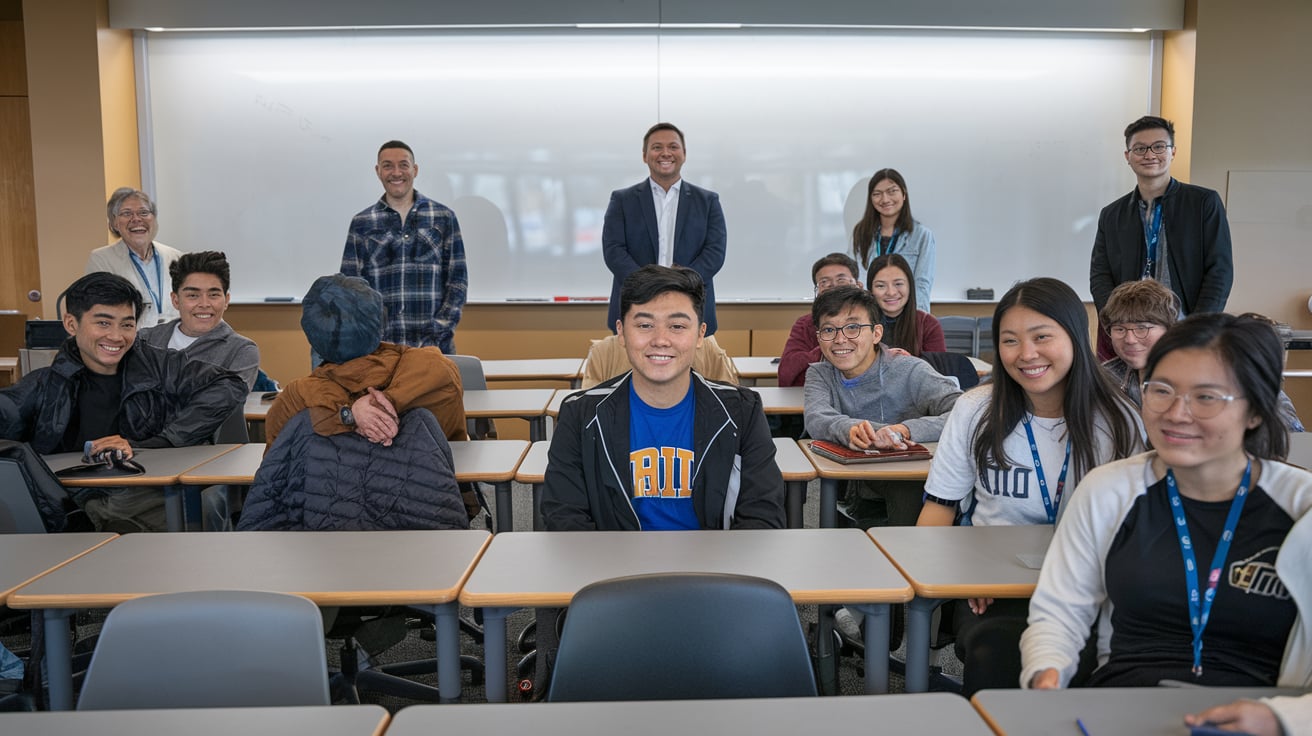Asian American Studies: An In-Depth Exploration

What Is Asian American Studies?
Asian American Studies is a multidisciplinary academic field dedicated to the history, experiences, and contributions of Asian Americans. This area of study explores the intersections of race, ethnicity, immigration, culture, and identity, offering profound insights into the challenges and triumphs faced by Asian American communities. Rooted in the civil rights movements of the 1960s, Asian American Studies emerged to challenge dominant narratives, ensuring representation for marginalized voices.Readmorehttps://madarisalerts.com/asian-american-studies-an-in-depth-exploration/
The History and Evolution of Asian American Studies
Origins in the Civil Rights Movement
The establishment of Asian American Studies is deeply tied to the civil rights movements of the 1960s and 1970s. During this period, students across universities demanded ethnic studies programs to combat Eurocentric curricula and amplify diverse perspectives. This led to the creation of the first Asian American Studies programs at institutions like San Francisco State University and the University of California, Berkeley.
Expansion Across Academia
Over the decades, Asian American Studies has expanded significantly. Today, it is offered at universities nationwide, addressing topics such as Asian immigration, intergenerational trauma, cultural hybridity, and systemic racism. This growth reflects increasing recognition of Asian Americans’ contributions to shaping U.S. history and society.
Core Themes in Asian American Studies
Immigration and Diaspora
Asian American Studies investigates the complex histories of migration from Asia to the United States. This includes examining the push-and-pull factors influencing migration, such as economic opportunities, wars, and colonialism. It also explores the ways in which Asian diasporic communities maintain connections to their cultural heritage while navigating life in the U.S.
Identity and Representation
Identity is a central theme within Asian American Studies. The field examines how race, ethnicity, gender, and class intersect to shape Asian American experiences. It also critiques stereotypical portrayals of Asians in media, advocating for authentic representation and highlighting the diversity within Asian American communities.
Social and Political Activism
The field emphasizes the activism of Asian Americans in advocating for civil rights and social justice. From the labor movements of the early 20th century to contemporary issues like anti-Asian hate crimes, Asian American Studies underscores the importance of collective action in challenging discrimination.
The Importance of Asian American Studies

Fostering Cultural Understanding
Asian American Studies plays a vital role in fostering cultural understanding and dismantling stereotypes. By highlighting the unique experiences of Asian Americans, it promotes empathy and awareness, bridging cultural divides.
Advocating for Social Justice
The field empowers individuals to challenge systemic inequalities and advocate for social justice. By examining issues like immigration policies, racial profiling, and economic disparities, Asian American Studies equips students with the tools to create meaningful change.
Preserving Historical Narratives
Asian American Studies ensures that the stories of Asian American communities are preserved and celebrated. From the Chinese Exclusion Act to the internment of Japanese Americans during World War II, the field sheds light on overlooked aspects of U.S. history, ensuring they are not forgotten.
Key Figures in Asian American Studies
Yuji Ichioka
Yuji Ichioka, a historian and activist, coined the term “Asian American” and was instrumental in establishing the field. His work emphasized the importance of solidarity among diverse Asian ethnic groups.
Grace Lee Boggs
Grace Lee Boggs was a philosopher and activist whose contributions to social justice movements continue to inspire scholars and students in Asian American Studies.
Ronald Takaki
Ronald Takaki was a renowned historian whose book Strangers from a Different Shore remains a foundational text in Asian American Studies. His work highlights the complexities of Asian American identity and history.
Current Issues in Asian American Studies
Addressing Anti-Asian Racism
In recent years, there has been a surge in anti-Asian hate crimes, particularly during the COVID-19 pandemic. Asian American Studies provides critical frameworks for understanding and addressing these issues, fostering solidarity across racial and ethnic lines.
Intergenerational Challenges
The field explores intergenerational challenges within Asian American families, such as navigating cultural expectations and mental health. These discussions are essential for promoting understanding and resilience within communities.
Advocacy for Inclusion
Asian American Studies continues to advocate for greater inclusion in education, media, and public policy. This includes efforts to incorporate Asian American history into school curricula and combat erasure in broader societal narratives.
Conclusion

Asian American Studies is an essential field that celebrates the richness and diversity of Asian American experiences. By examining historical and contemporary issues, it fosters understanding, challenges stereotypes, and advocates for justice. As this discipline continues to grow, it empowers individuals to build a more inclusive and equitable society.Readmorehttps://www.kiva.org/
